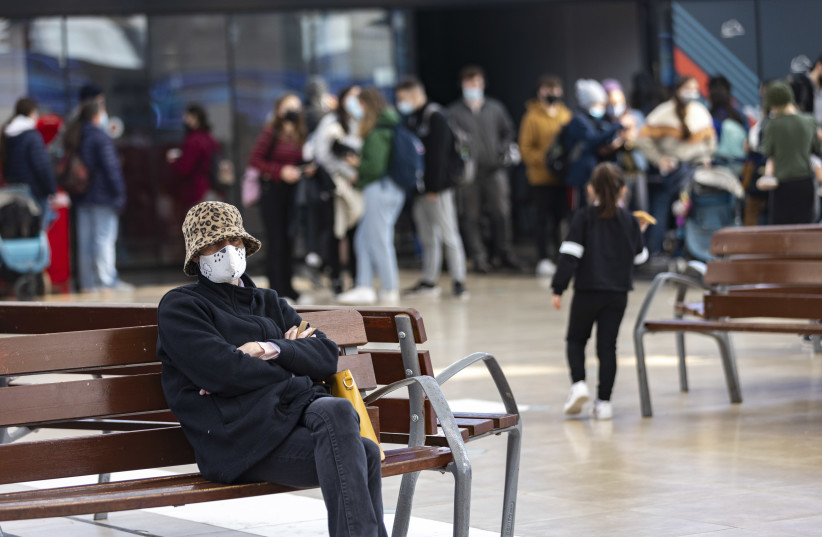When it comes to the field of ethical behavior, perhaps one of the greatest dangers as humans is that we look at things in a very binary manner. We are often prone to approaching a particular behavioral challenge from an all-or-nothing viewpoint. We are either completely prepared to adopt a specific mode of behavior or just throw in the towel and reject all sorts of recommendations and objectively sound advice.
This behavioral quandary is very reflective of where we find ourselves as a society today. It is leading to unprecedented levels of public healthcare confusion, at a time when many of us thought things couldn’t get any more confusing.
In the face of an increasingly disturbing wave of widespread sickness, people are falling prone to that natural inclination to ignore government recommendations. Defined by a sense of chaos and uncertainty in what they are being asked to do, people sense that the authorities aren’t thinking strategically. In places where there is such a leadership vacuum, people respond by thinking that they need to look out first and foremost for their own interests if there are no clear answers as to what is best for all.
From the ethical perspective, this is a wholly unviable and certainly dangerous situation for a society to be. From the perspective of the government, operating without any clear strategy and sending a message that the public needs to figure it out on their own is certainly misguided and is unlikely to stop the spread of the virus.
However, an individual has no right to act unilaterally. A pandemic is by definition a crisis where individual actions impact on the welfare of the collective.

The current reality is that we are living in what can only be described as the COVID-19 jungle.
We awake nearly each morning to what feels like a new series of directives and guidelines, some of which stand in direct contrast to what we were told the day before. We are told that the very testing systems that are meant to protect us are questionable at best and completely useless at worst. And even the most trusting of us recognize that complete faith in the system is naive and misguided.
Amid it all is a sizable and seemingly expanding demographic that completely rejects healthcare recommendations and guidelines to the point of anarchy.
We are in a situation where confusion and doubt are natural reactions.
As teachers, parents or just members of an interconnected human race, we have a personal responsibility to find a way to embrace sound and ethical practices that will guide us through this chaos.
The moral response has to be that we avoid the compulsion to think to the extremes.
As confused as we justifiably might feel and as angry as we might be at the authorities for fueling confusion, we cannot be absolved of our personal and communal responsibilities. If we feel sick and worry that we might infect others, we must stay home. We cannot allow ourselves to be swayed by this environment of discontent and ignore the continued importance of vaccination. The rationale of social distancing remains as sound as ever and we should avoid crowded spaces as much as possible.
After nearly two years into this crisis, the one value we must all remind ourselves of is humility. There are no complete answers and we can only do our own small parts. But those small parts are to first and foremost follow the ethical and moral path that stresses that what we do will have a negative impact on others. Whatever chaos reigns outside our doors, the tiny virus that may lie within us continues to have the potential to cause serious disease or worse to ourselves and others.
The onus of responsibility falls just as much so, if not to a far greater extent, than on our leaders and governments. Remain humble in knowing that you don’t have all the answers, but acknowledge that your power doesn’t entitle you to disturb and destroy lives and livelihoods in pursuit of a solution to this pandemic.
The jungle is a dark and often inhospitable place. Finding our way out demands that we act responsibly and chart a course that will benefit everyone.
The writer is director of The Tzohar Center for Jewish Ethics and a founder of the Tzohar Rabbinical Organization in Israel.
